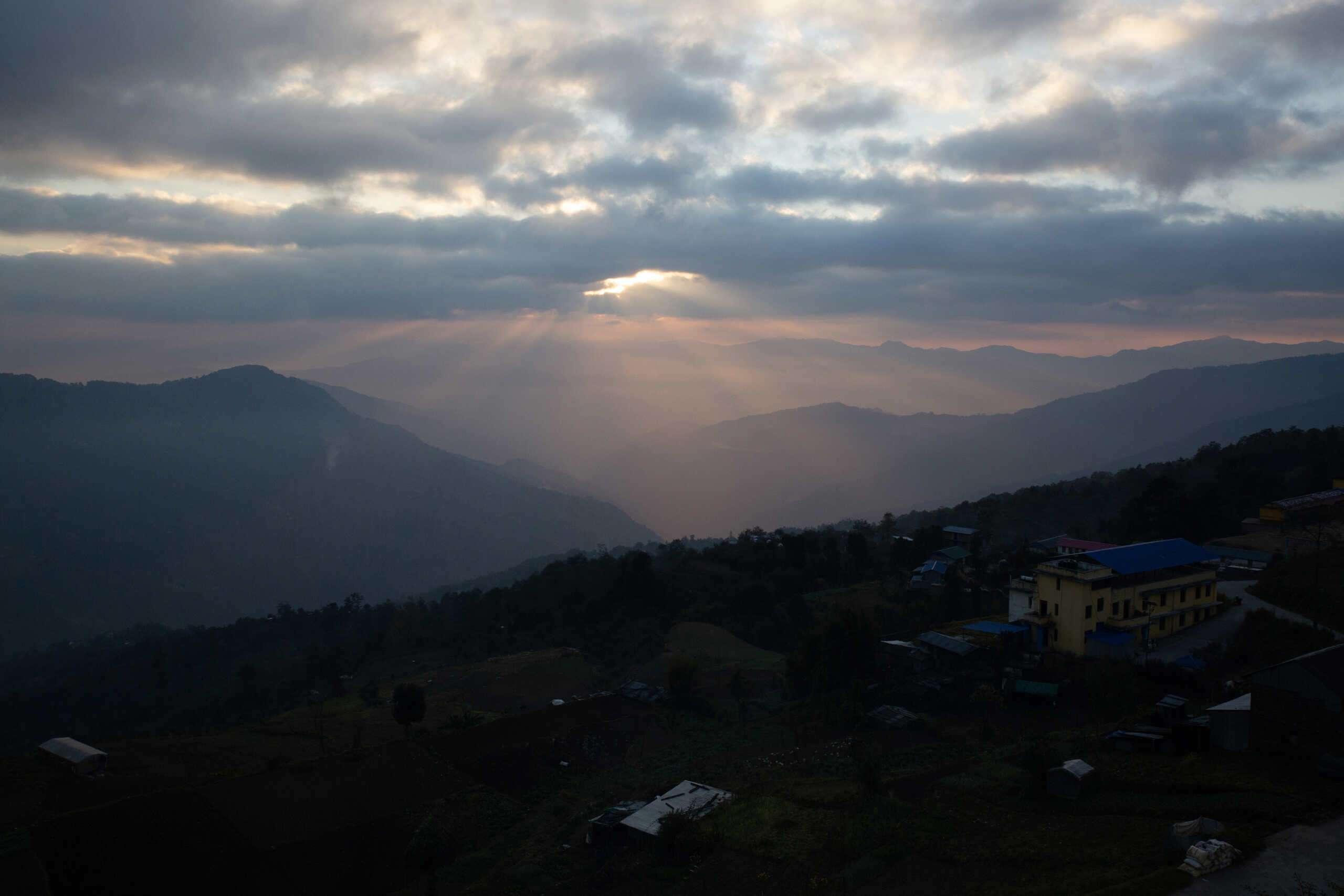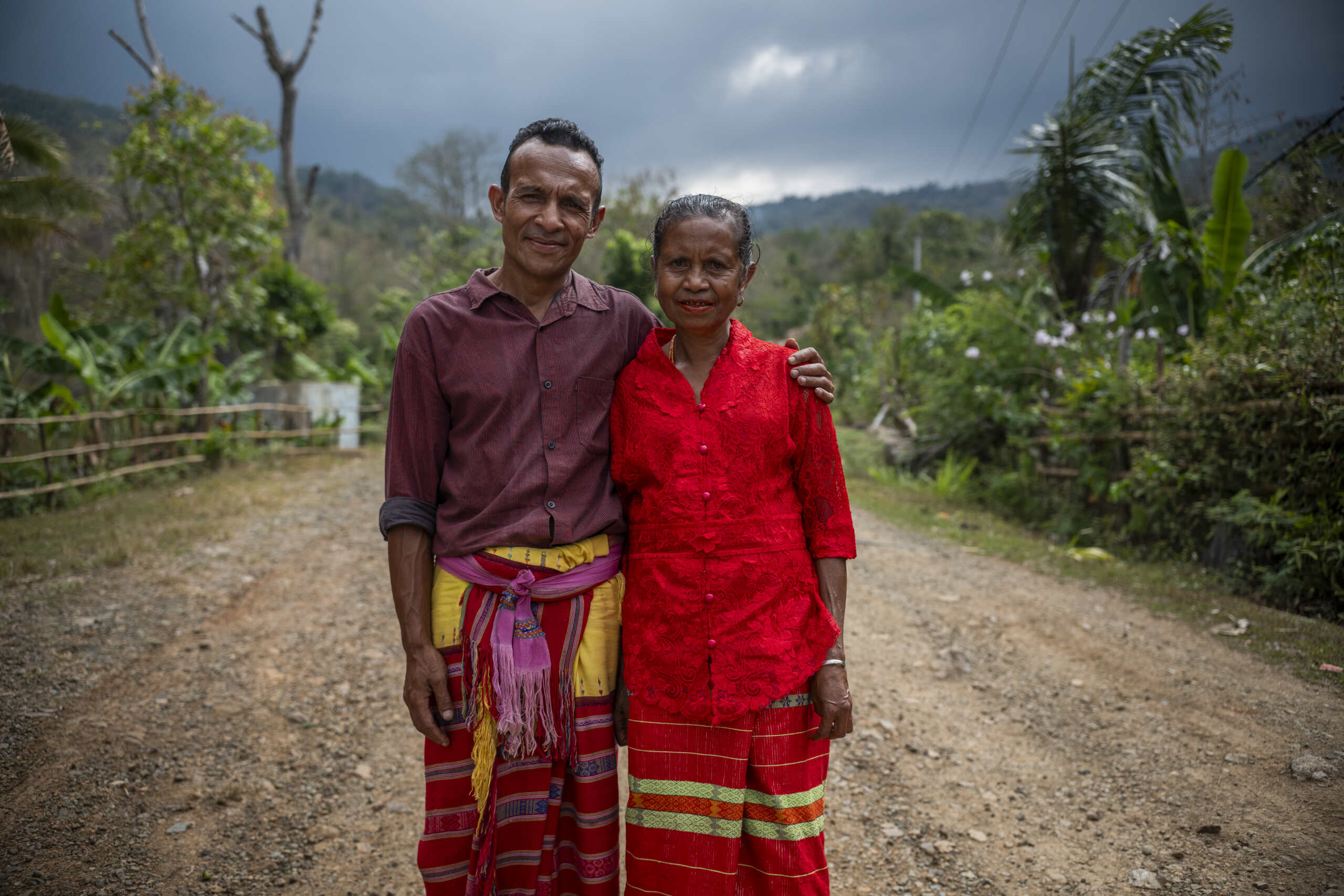Stories of Hope: Shilpy
Stories | August 10, 2022
One of the worst disaster events to ever strike Bangladesh was Tropical Cyclone Sidr. In November 2007, the storm took the lives of up to 10,000 people and caused extensive damage to homes, crops and livelihoods.
Shilpy, who lives in a Bangladeshi village, will never forget its impact.
“I had my baby boy at that moment – he was two or three months old. I was running fast to evacuate. There’s a tree in Bangladesh that has thorns in its branches, and when I was passing that tree my hair got tangled in it and there was no other option but to cut my hair. Just as I was free from that situation, a big tree fell at that place. In a matter of moments I would have faced the ultimate,” she recalls.
Shilpy has been vision impaired since she was in school, following an accident in a garment factory.
She now works as an elected official where she has responsibility for three local wards.
“If there is a dispute between family matters, I have to settle things. If anyone is facing any kind of problems they come to me, and if there’s anything to be done in my jurisdiction I do that.”
A committed member of the Ward Disaster Management Committee, Shilpy says the skills and knowledge she has learned about disability-inclusive disaster risk reduction mean she is far better prepared to respond to another disaster like that of 2007.
By sharing her learnings with peers and colleagues, Shilpy works towards ensuring that people with disabilities are not left behind when a disaster strikes.
“My colleagues and I discuss what we’re going to do if there’s a situation like a flood. For example, our shelter doesn’t have a ramp, but we have applied for one. Some other shelters have ramps now and are more accessible to people with disabilities,” she says.
“We also ensure that the shelter is kept clean before people come and the bathroom is clean and usable.”
As Shilpy points out, disability-inclusive disaster planning not only benefits people with disabilities themselves but also the broader community.
“I am a person with a disability but not every member of my family has a disability. So when we include people with disabilities in disaster risk reduction, isn’t it beneficial to their whole family?”
Reflecting on some of the disasters she has experienced, Shilpy believes that people with disabilities are more included now in decisions about disaster risk reduction than they previously were.
Thanks to advocacy of non-government organisations like those CBM partners with, as well as government policies, Shilpy has seen the creation of more inclusive and resilient communities.
Read more stories and reflections in our Prepared to Hope series.
CBM Australia acknowledges the support of the Australian Government through the Australian NGO Cooperation Program (ANCP).
https://www.cbm.org.au/stories/stories-of-hope-shilpy
Related Stories

Building inclusive, climate resilient communities in Bangladesh
Highlights from DFAT Post’s visit In January 2026, representatives from the Australian High Commission in...

Week 1 – Lent series 2026
As we enter the season of Lent, we’re taking time as a community to pause, reflect, and draw closer to the heart of God. Lent invites...

How CBM is making a difference in Indonesia
For more than 45 years, CBM Global has been working alongside communities in Indonesia to ensure people with disabilities...
